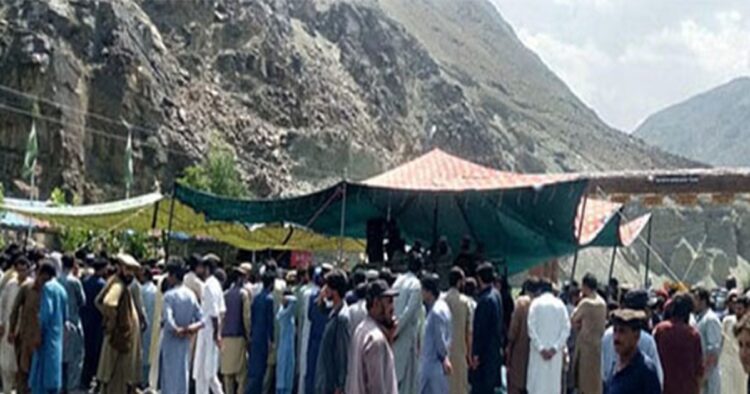Residents of Pakistan-occupied Gilgit-Baltistan (PoGB) have voiced their dissatisfaction with the recent government budget, criticizing it for its inadequacy and ineffectiveness, according to the media reports. Locals argue that despite claims of benefits for the populace, the budget fails to address their pressing issues.
A PoGB resident highlighted the disconnect between government claims and reality, citing persistent electricity shortages, rising petrol prices, and escalating market costs. Another resident lamented the budget’s focus on benefiting government employees, leaving daily laborers with insufficient support.
“There’s nothing for labourers like me who earn Rs. 1500 per day. This amount barely covers our household expenses, and if there’s no work, there’s no income at all,” the resident remarked, urging for job creation and regulation of market prices to curb inflation.
Further frustration stems from the perception that the government prioritizes the International Monetary Fund (IMF) over its citizens. Pakistan’s rising inflation is attributed to IMF-imposed conditions, including reduced government spending, subsidy elimination, tax hikes, and currency devaluation. While intended to stabilize the economy and foster long-term growth, these measures have resulted in immediate hardships for the public.
Skardu TV also reported widespread ignorance about the budget among PoGB residents, reflecting the region’s educational deficiencies. The local educational system suffers from a lack of schools, resources, and qualified teachers, leading to disparities in education quality and socio-economic progress. This lack of awareness hinders effective democratic participation and perpetuates socio-economic inequalities, benefiting those in power.

















Comments